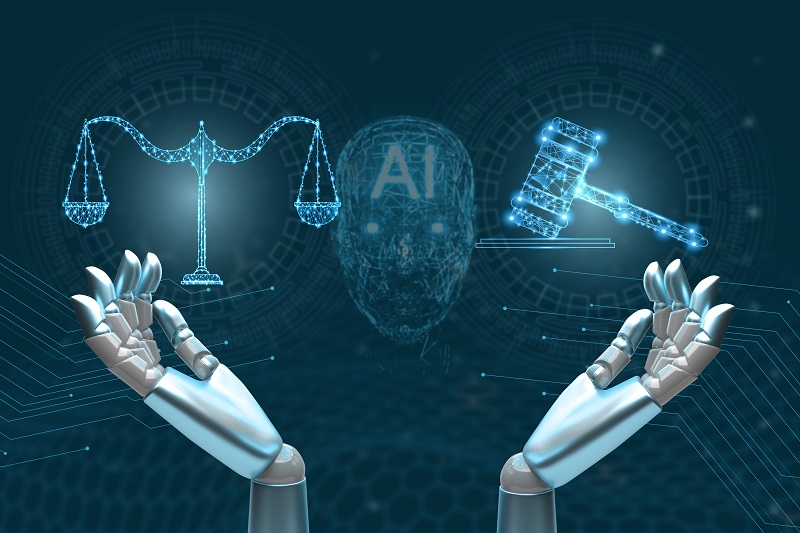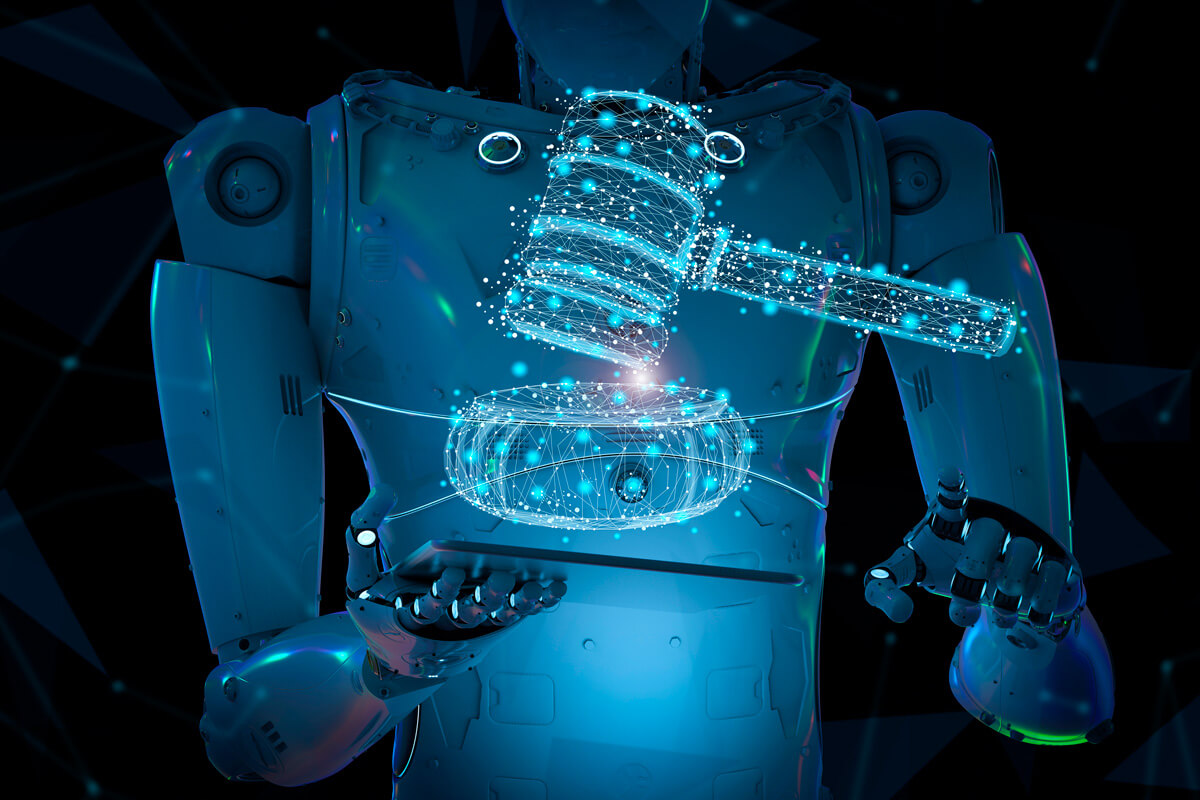Artificial Intelligence (AI) is rapidly reshaping the legal landscape, offering powerful tools that enhance efficiency, accuracy, and decision-making. As AI becomes more integrated into the legal profession, understanding its roles and implications is essential for legal practitioners, clients, and society at large.
How is AI Used in Law?
AI in law refers to the application of machine learning, natural language processing, and data analysis to automate, assist, or enhance various legal tasks. From document review to legal research, AI is becoming a valuable asset in streamlining complex legal processes.
Key Roles of AI in Law
Legal Research and Document Analysis
AI-powered platforms can scan vast amounts of legal documents, case law, and statutes within seconds, providing relevant information much faster than manual research. This helps lawyers build stronger cases, reduce errors, and save significant time.
Contract Review and Management
AI tools are widely used to review contracts, identify potential risks, flag unusual clauses, and ensure compliance. Automated contract management systems help legal teams handle large volumes of contracts efficiently, reducing turnaround times.
Predictive Analytics
AI can analyze past legal decisions and case outcomes to predict the potential success of current cases. Lawyers can use this insight to guide litigation strategies, assess risks, and make informed decisions for their clients.
Legal Chatbots and Client Interaction
AI-powered chatbots assist in answering basic legal queries, collecting client information, and guiding users through legal processes. These virtual assistants improve accessibility and offer quick responses, especially in routine cases.
Case Management and Automation
AI helps automate administrative tasks like scheduling, billing, and document filing. Case management systems powered by AI streamline workflows, allowing lawyers to focus more on critical thinking and client advocacy.
Fraud Detection and Compliance
In corporate law and regulatory sectors, AI is used to detect fraud, monitor financial transactions, and ensure compliance with ever-changing regulations. AI-driven tools can identify suspicious patterns that may be overlooked by human reviewers.
Challenges and Ethical Considerations
While AI provides clear benefits, its role in law also raises important challenges:
- Data Privacy: Handling sensitive legal data through AI systems requires stringent security measures to prevent breaches.
- Bias in Algorithms: AI models trained on biased data can produce unfair or discriminatory outcomes, affecting case evaluations and legal advice.
- Accountability: Determining responsibility when AI-driven decisions lead to errors or negative consequences is a complex legal and ethical issue.
- Human Oversight: Despite automation, human judgment and expertise remain critical in interpreting the law and ensuring just outcomes.
Conclusion
AI is transforming the legal profession by improving efficiency, accuracy, and accessibility. From legal research to predictive analytics, AI plays a pivotal role in modernizing legal practices. However, it is crucial to balance innovation with ethical considerations, data security, and human oversight to ensure AI serves justice effectively and fairly.







Leave feedback about this